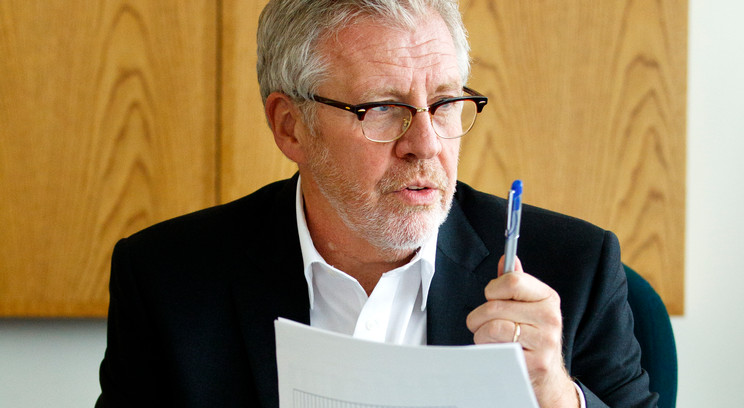I just returned from three weeks in London where I supervised the first ever UST Actuarial Science course on Global Insurance. During that time, I was able to do some early planning with guest lecturers for the college’s next offering of Global Risk Leadership (MGMT 753) scheduled for late May 2015.
Global Risk Leadership focuses on assessing and addressing five key global risks: climate change, security (against terrorism and other threats), an integrating global economy, technology and social dynamics. Interestingly, in virtually every conversation, the subject of the upcoming Sochi Olympics and the World Cup became central topics of discussion. As one lecturer put it, “2015 is a crucible for the global risk management community. (Yes, there is such a thing!) Both of these major events are being held in volatile areas of the world and the demands for risk managing them are higher than I have ever seen.”
Three themes emerged from my conversations and they are:
First, each of the five global risks we study in Global Risk Leadership has a front and center role in the Olympics and the World Cup. Climate change concerns are having a big impact on the presence of snow in Sochi (or so it is theorized); security is a huge concern; social and political dynamics are prominent (gay rights in Russia); cyber terrorism and concerns with financial security all feature as critical risks for both events.
Second, while preventing bad things from happening is paramount, there is quite a bit of talk about ”resilience and responsiveness” as being key risk management objectives. As one lecturer put it, “With so much uncertainty and volatility, we need to be putting sufficient resources against simply being able to react quickly to the facts on the ground. There is no way all risks can be anticipated.” Admittedly, resilience has long been a central objective of risk management, but the overall complexity of the situations in Russia and Brazil have underscored its importance.
Finally, as unscientific as it sounds, each of the experts offered a version of the same opinion: We will need to be lucky. The scope of risks that major global events generate is largely beyond our ability to manage in any kind of thorough-going manner. Normally we are able to live with this incompleteness because these events tend to be held in reasonably stable parts of the world. For a variety of reasons—some of them quite commendable—we have taken immense risks in selecting the current locations for the Olympics and the World Cup.
A little good fortune will be most welcome.







